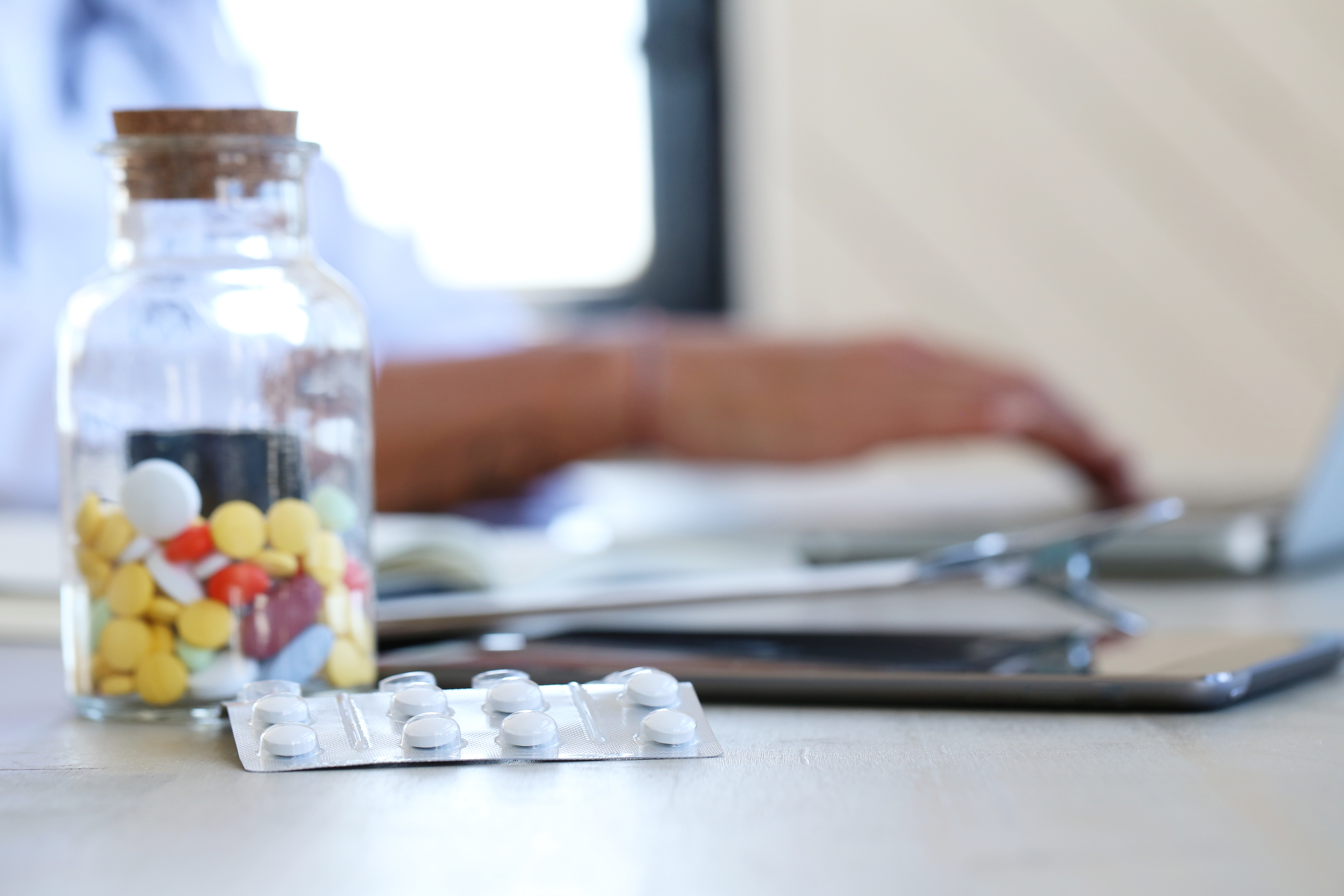
Unused and expired medicines should not be thrown in the garbage can or flushed down the toilet, as they may contaminate the environment or be used inappropriately.
They must be returned to the pharmacy: pharmacies agree to take them back and then pass them on to specific take-back programs for unused medicines, so that they can be disposed of in the safest possible way, from both a health and environmental point of view.
Some medicines, notably those not sold by pharmacies and soon to expire, can be taken back by their manufacturers (laboratories) for disposal by their own means.
In all cases, incineration is the most widely used method of safe disposal.
In France, the management of unused or expired medicines is mainly carried out by an organization called Cyclamed. Cyclamed is an association approved by the French authorities to collect and safely dispose of medicines returned to pharmacies. Here's how the Cyclamed system works:
1. Collection from pharmacies: Pharmacies in France have special containers where patients can return their unused or expired medicines. These containers are supplied by Cyclamed and bear the association's logo.
2. Sorting and grouping: Once the medicines have been returned to the pharmacy, they are sorted according to their chemical composition and therapeutic category. They are then grouped together in specific packaging to facilitate further processing.
3. Safe destruction: Cyclamed works with companies specialized in the disposal of medical waste to ensure the safe destruction of collected medicines. Medicines are incinerated at high temperatures in approved facilities, in compliance with environmental and health regulations.
4. Monitoring and regulations: Cyclamed is subject to strict regulations governing the collection, transport and disposal of medicines. The association is regularly audited by the relevant authorities to ensure compliance with current standards.
Although the Cyclamed system enables the proper management of unused or out-of-date medicines, and remains the best way of doing so for the time being, it should not be forgotten that the incineration of medicines can have an impact on the environment. It can generate emissions of atmospheric pollutants and contribute to air and soil pollution.
It's true that today, the incineration of medicines is carried out in specific, regulated facilities, designed to minimize these negative impacts as much as possible, but it's important to point out that there is no such thing as zero impact, and that the best way is still to reduce the quantity of discarded medicines as much as possible, in order to reduce the volume of waste.
With this in mind, TriMed's was born, a collaborative platform that enables you to contribute to reducing healthcare product waste.
If you're a pharmacist, you can use it to resell your unsold products, maximizing the chances of them being used rather than thrown away.
If you're an individual, you can use it to buy anti-waste products to save them from going to waste and guarantee their use. You don't buy a short-dated product to forget about in the cupboard, do you? It will be a product for immediate use, which will reduce the risk of it going unused, then expiring and being thrown away.
Want to find out more? Visit www.trimeds.fr
